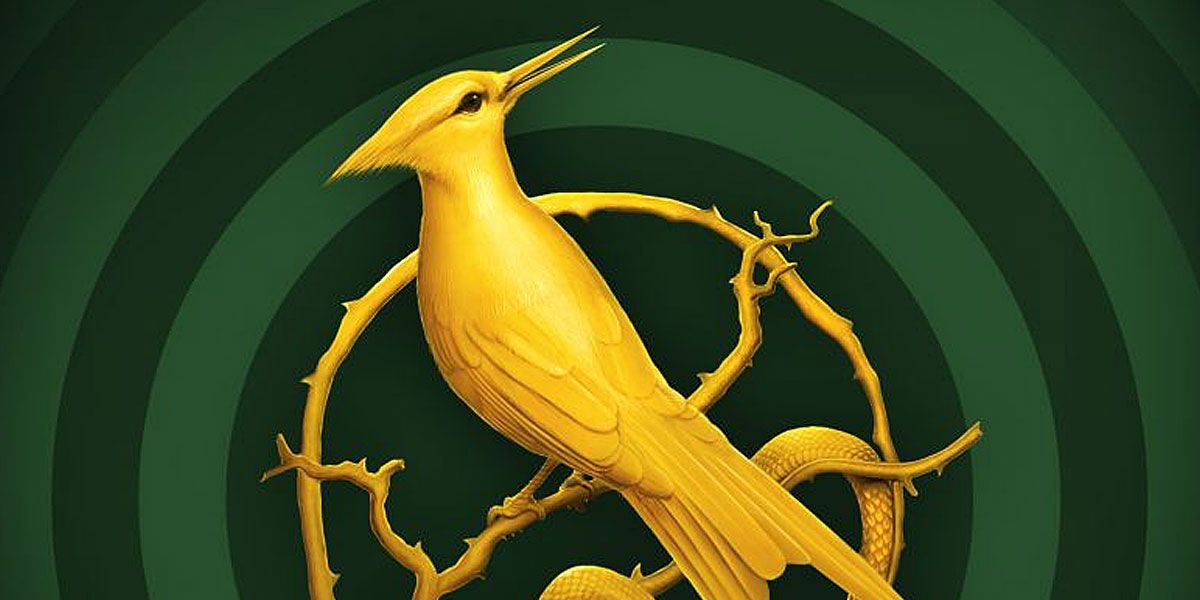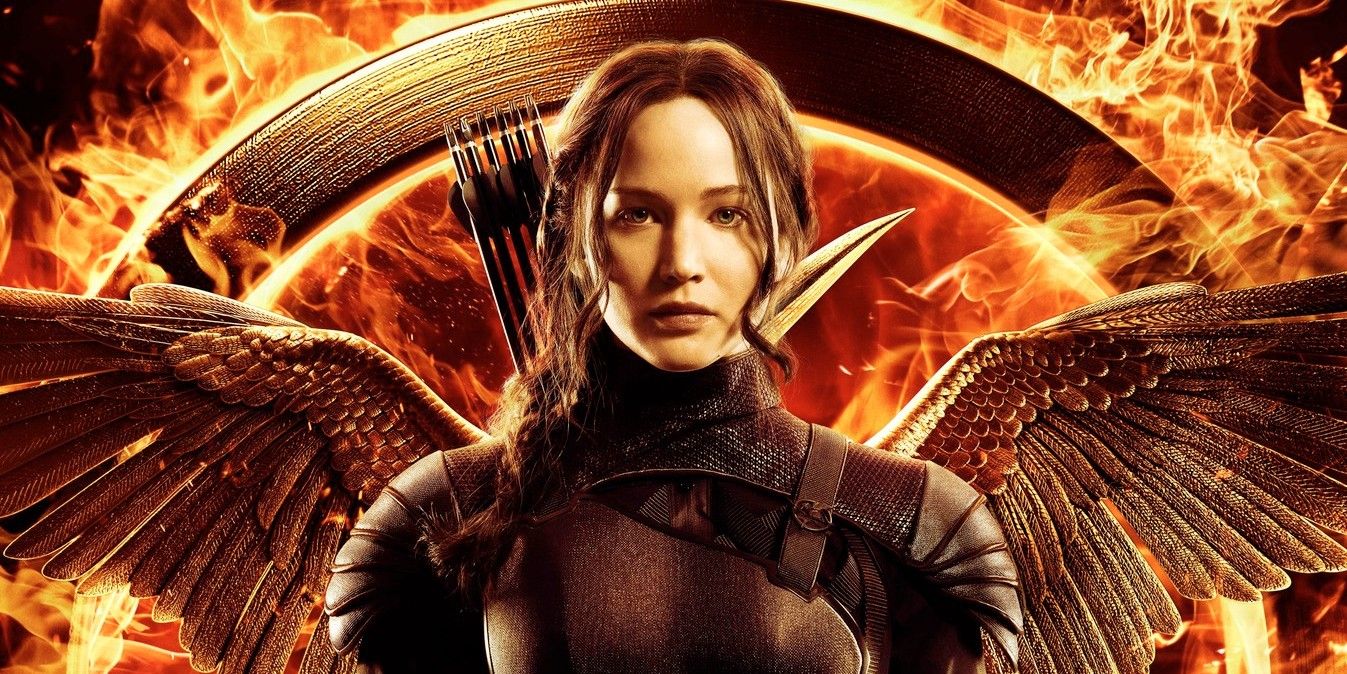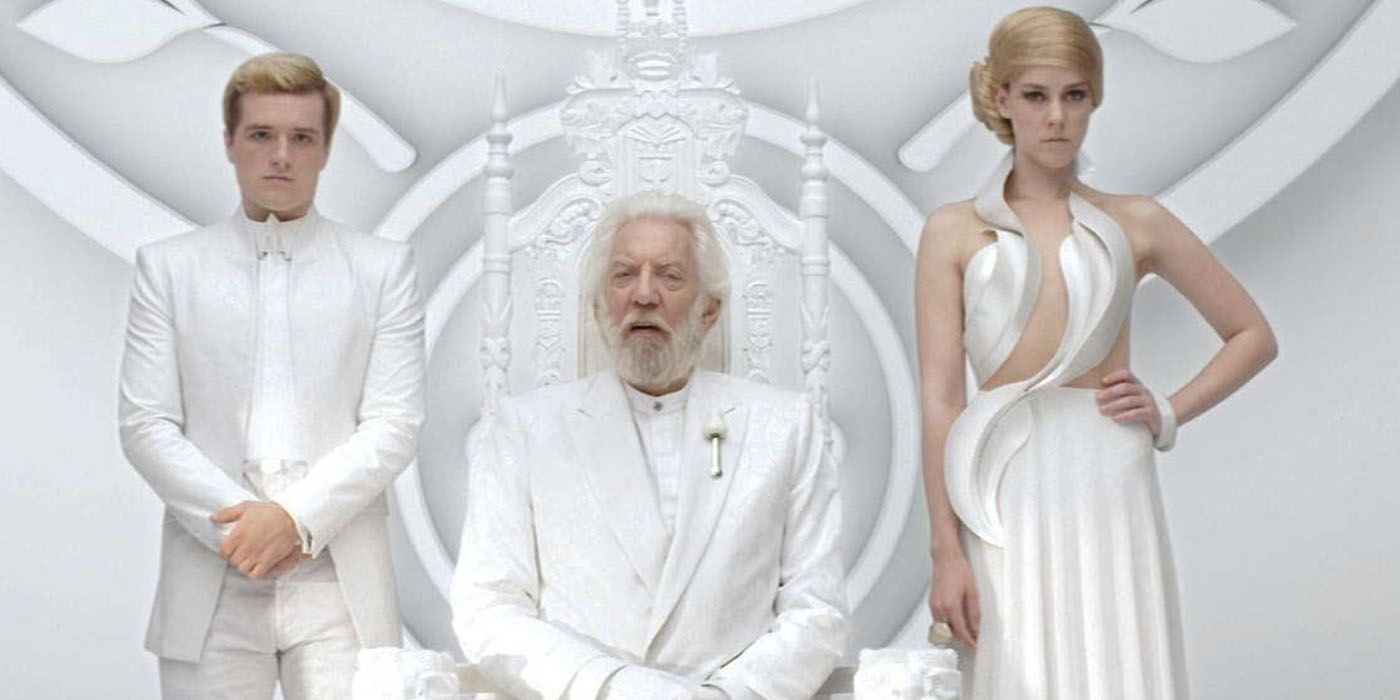The Ballad of Songbirds and Snakes, Suzanne Collins' prequel to her chart-topping YA series The Hunger Games Trilogy, is, like most attempts to recapture lightning in a bottle, not necessarily better than the original. But it is more original than its predecessors, and that's a rare enough thing to warrant some praise. It's also an uncanny and unsettling reflection of the way society seems to be handling this present moment, though the author conceived of the events of the book well before citizens were debating the balance of safety versus freedom in a crisis-stricken world.
2008's The Hunger Games was engaging enough to stay on the best-sellers list for 135 consecutive weeks, but it was accused of borrowing its plot from another book-then-film, Battle Royale. The two diverge thematically, though there are questionable similarities between the brutal main events. In truth, the exploitative death of children is a story element as old as civilization itself, and The Ballad of Songbirds and Snakes acknowledges as much. Nothing we humans can imagine is quite so cruel, and what makes this flash backward unique is that, rather than use the concept for shock value, it's in constant conversation with the idea.
The trilogy took the perspective of Katniss Everdeen, a bow-wielding urchin without much personality or motivation who nonetheless became a favorite heroine of many (which says more about the dearth of female role models in genre literature than it does about Katniss). The brilliant but spineless thing about The Hunger Games is that it's basically a Rorschach test for readers' politics. Because Katniss is our avatar, and because she doesn't have strong opinions (despite her harrowing ordeal, she becomes the Panem equivalent of your friend on Facebook who blames both sides and doesn't vote), anyone can read anything they want into the books. Progressives can point to all the conspicuous consumption, non-existent workers' rights, and corporate-owned media spin, and see a cautionary tale about end-stage capitalism. Conservatives can point to the government overreach practiced by the Capital as well as District 13 and the threat of constant surveillance, and see one about the failures of communism.
The prequel is told through the eyes of a teenage Coriolanus Snow, the man who will become Katniss's President and foe. It's a risky move to ask the audience to identify with someone we know to be a foul villain, but the gamble pays off. Ballad opens with a banal scene in which it's established that Snow descends from old wealth and power, but has lost practically everything in the war. This includes his parents, and we'll soon find out our new female lead has lost hers as well. The book relies too much on the old orphan trope, and on other hallmarks of YA dystopia and romance, to give its characters and events meaning. And it's bold of Collins to expect readers to sympathize with someone whose immediate problems are that he might lose his luxury apartment and can't find a sufficiently nice dress shirt.
Ballad has interesting things to say about aristocrats' decline as the nouveau riche rise, but that's not the focus. The choice to make Snow the protagonist is smart because it allows Collins to examine her old themes anew. Like the sequels, the prequel follows what is now a familiar formula. The reaping is imminent; this time, it's the 10th annual Hunger Games. Tributes are announced, mentors assigned. They train, appear dolled up on television to be interviewed by a Flickerman, then fight and die. One could criticize this latest installment for a lack of imagination, but really, readers would be disappointed if they didn't get to visit the arena or District 12, just as they'd have been if Harry Potter's subsequent volumes didn't include Diagon Alley or Hogwarts.
But this time, we experience it all by proxy through Snow, here an elite student who is responsible for theorizing new components to the games and charged with mentoring District 12's female tribute, Lucy. She's manic-pixie-dream-assassin to his vulnerable beta-male academic, and their inevitable romance is eye-rolling. Snow's later villainy is vastly more compelling if it can't be blamed on the affairs of the heart. The switch in POV is what matters, and it's better that we spend surprisingly little time in the arena. Before, the reader was merely trying to survive along with Katniss. Now, the reader is put in the awkward and tenuous position of the guilty viewer and incentivized string-puller, which has the effect of making the Hunger Games feel as despicable and possible as they were intended to be. This new novel forces its audience to think about what they would do, not to make it out alive, but if given control.
There are too many references to the original to count, and they register somewhere between fun Easter Eggs and necessary explanation. The consequential bits of filled-in backstory has to do with the evolution of the games themselves. While we don't go far enough back in time to witness their creation, we get to be in the room with young Snow and his cohorts as they devise insidious ways to make them more palatable. He's not yet a white-haired evil mastermind, but he is self-interested and paranoid from the beginning. The prequel's baddy, Dr. Gaul, overtly asks Snow (and the reader) to consider humanity's true nature on several occasions. How much chaos, how much control do we need, will we tolerate, and who gets to decide? The Ballad of Songbirds and Snakes prods us to consider the merits of our social contracts. It couldn't be more timely, but uncomfortably so.
The sociological questions Collins poses are made more cringe-worthy by the book's possibly unintentional contempt for institutions like governments, medical science, and the media. The prequel takes place as Panem is trying to put itself back together after disruptive events that killed many, drained fortunes and shuttered businesses. As it was with The Hunger Games, Collins elects not to provide definitive answers, so again, readers will see what they want in her inkblots. But more than its predecessors, it leaves in the reader's mouth the distinct tastes of distrust and self-preservation. One can only hope this origin story stays the stuff of fantasy.



